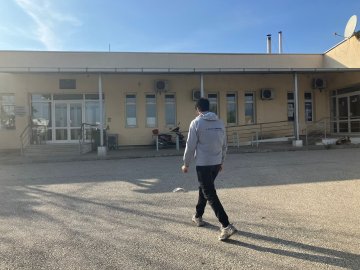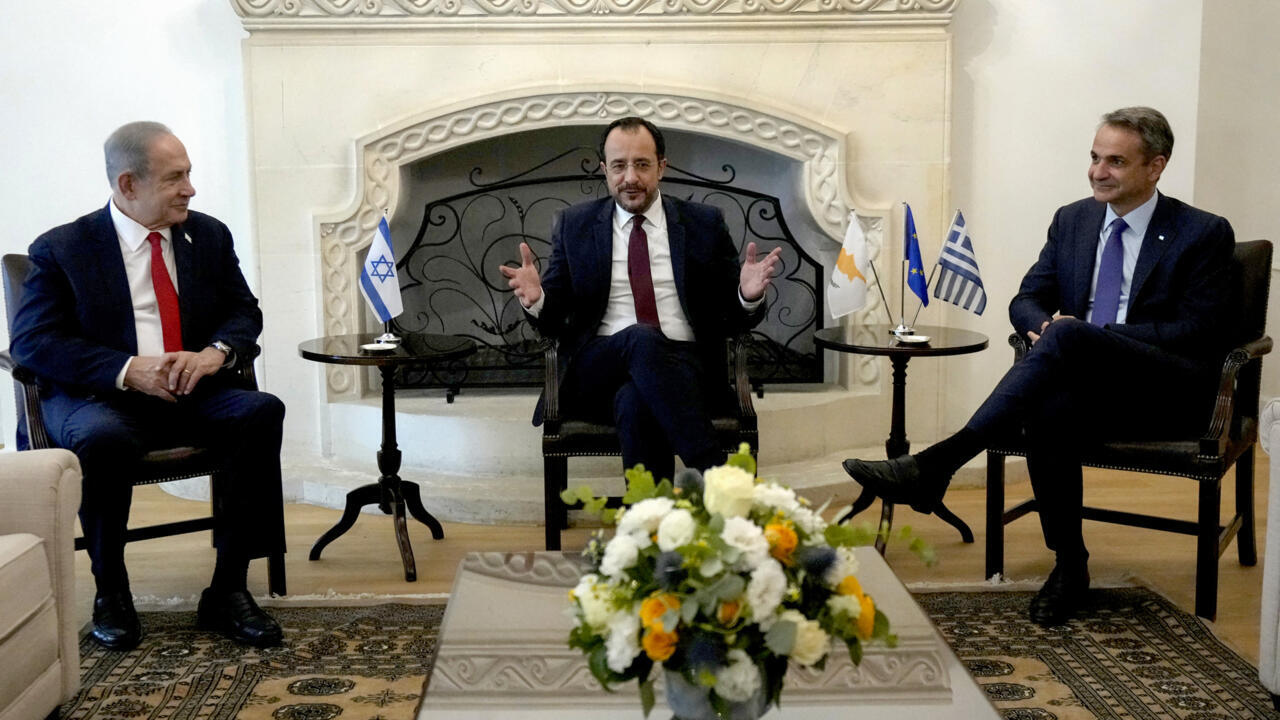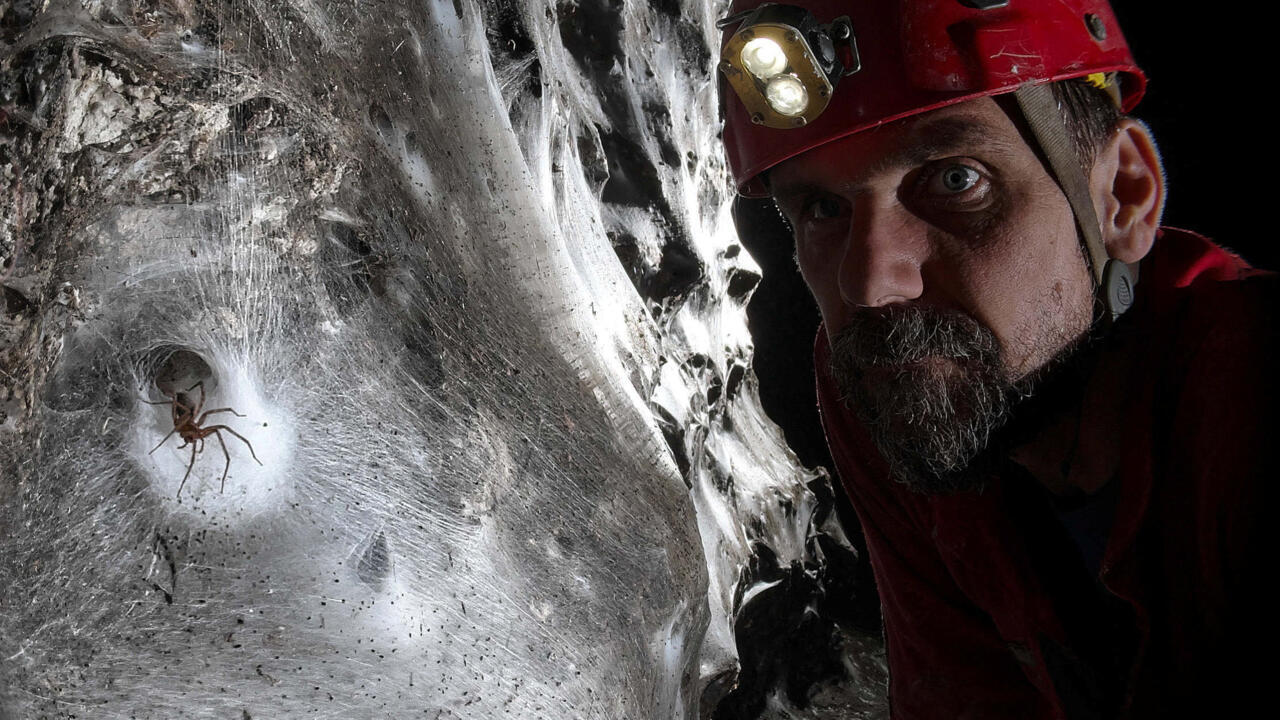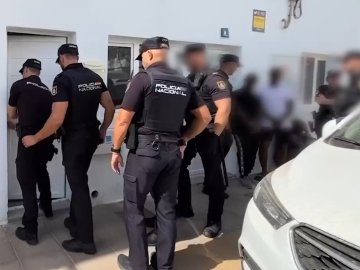Interrogated, detained as witnesses: in North Macedonia, the fight against migrant smuggle
Source: InfoMigrants: reliable and verified news for migrants – InfoMigrants
The fight against migrant smugglers is of strategic importance in North Macedonia, as much for this Balkan state through which many transit as for the European Union (EU). But, migrants and NGOs claim arbitrary interrogations and detentions of migrants, outside of any legal framework are part of this fight against the smuggling gangs.
Dozens and dozens of cars pile up at the transit center gate, in Vinojug, southern North Macedonia. Under the tarpaulin of a truck used to transport merchandise, there are piles of crates. A dog wanders around the site. All cars here were seized in the last few months by the North Macedonian border police, while intercepting groups of migrants trying to cross the border from Greece. Not far from there, the skyline of Greek territory is sketched along the horizon.
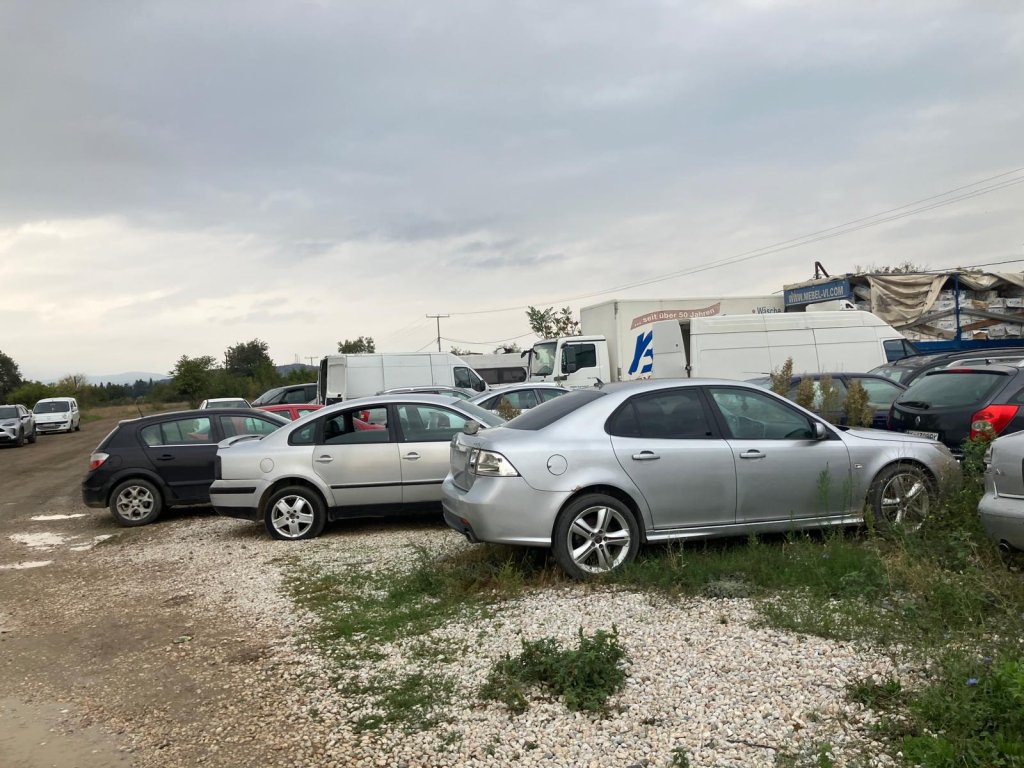
“99 percent” of migrants who pass through this border zone do it with the help of migrant smuggler networks, the Macedonian minister of the Interior says to InfoMigrants. The minister claims he knows where the key points are: “when they arrive in Greece, they receive instructions and are sent to a gathering point near the border, on the Greek side, near Evzoni, called Hotel Hara, 1.5 kilometers away” from Gevgelija. There, at this simple roadside hotel, bordered by a rundown gas station and covered picnic tables, “migrant smugglers wait for them and bring them on foot to cross illegally into Macedonia.”
The fight against smugglers in North Macedonia, a transit country for migrants hoping to reach Western Europe, is of national importance. But it is also a European issue — even if this small country is not yet part of the EU. Frontex, the EU border police, has been present in the country since April 2023. Recently, from October 13 to 17, experts from OLTIM (The French office for anti-migrant smuggling operations) came to train North Macedonian police officers on how to fight smugglers. The training was given in the context of “reinforced cooperation between France and the UK,” a press release said.
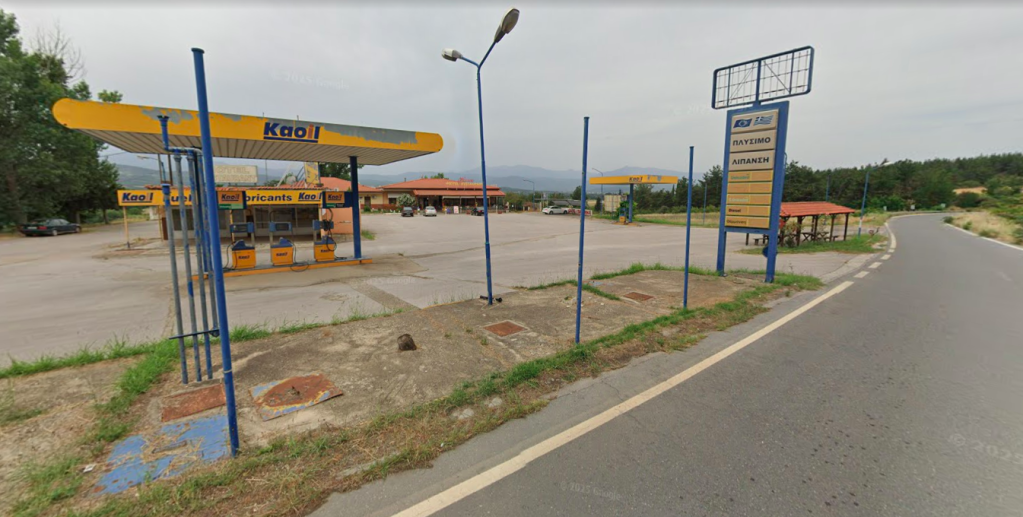
But this active fight has consequences regarding migrant rights, claim migrants and those who work for NGOs supporting them. Inside the Vinojug center, four men arrived overnight. “The smuggler told me on the phone: ‘walk in the forest, and you will find a car, and in three or four days, you will be in Italy,'” Mohamed, a 21-year-old Sudanese national, told InfoMigrants. “We stayed outside, two days, without food, under the rain… and there was no car,” he sighed.
The eight young migrants formed a group in the forest. Only four of them remain. After they were arrested at night, “police brought us to this center, took our fingerprints, confiscated our Greek documents and our phones,” they told InfoMigrants. Then four of them were brought more than two hours drive away, to Skopje, the capital city, to be heard as witnesses in court. The four who stayed here, looking lost, don’t know when they will go home, what will become of them and their belongings.
Detained as a witness: a procedure ‘outside of any legal framework’
This transfer to Skopje to be heard as witnesses is an unusual procedure in Europe, but it is something which is beginning to be applied in North Macedonia. Part of a group of migrants stopped by the police are systematically transferred to Skopje to the Gazi Baba detention center (which is designated as a “welcoming center for foreigners,” but in reality functions as a detention center for those who are in an irregular administrative situation) before they are brought before a judge. Not as accused persons, but witnesses.
“It’s completely illegal,” Mitko Kiprovski states forcefully; a lawyer and advocacy officer at the Jesuit Refugee Service (JRS) NGO. “That situation is not part of our laws. The prosecutor is giving verbal instructions to the police to stop people so that they testify as witnesses against smugglers,” Macedonian Young Lawyers Association (MYLA) lawyers explain to InfoMigrants.
Additionally, among the four young migrants transferred to Skopje that day were two minors, according to the joint officials’ and NGO’s database. “We’ve advocated for a long time for the detention of minors to end,” the MYLA lawyers said. “I spend my time telling authorities that if they want to join the EU eventually, they have to end the administrative detention of minors,” Mitko Kiprovski insists.
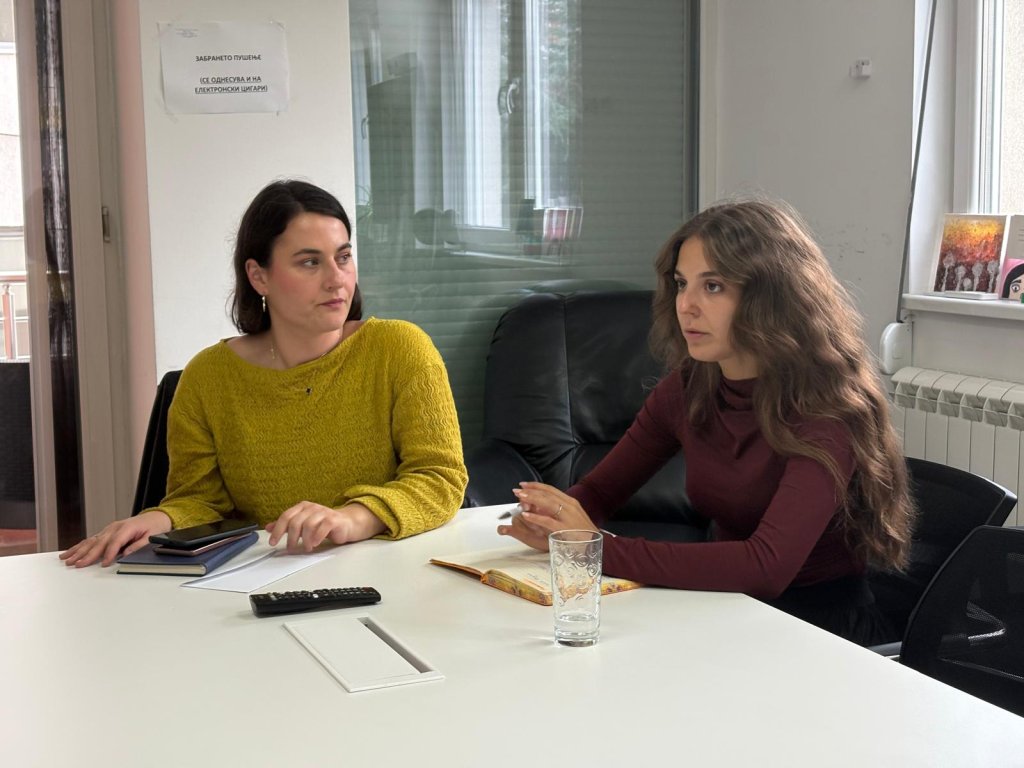
This witness detention practice has nevertheless improved. “In the past few years, people were detained for longer and the situation was worse, Teodora Kjoseva Kostadinovska stresses. The witness detention period could then last several weeks or even months.”
“Now, especially in 2025, the situation has improved. People are detained for one or two days. That is still not legal, of course,” Kostadinovska tells InfoMigrants. When you factor in weekends, migrants can end up staying up to three or four days in detention, Mitko Kiprovski adds.
‘The only way out is to apply for asylum’
Besides the fact that this happens outside of any legal framework, this detention has consequences on migrant journeys. It is impossible to ask for asylum before the hearing. “Applying for asylum is only allowed after these people testify in front of the prosecutor in the proceedings against their smugglers,” MYLA wrote in their 2024 report.
Finally, after their hearing, representatives from the NGOs explain migrants have no choice but to apply for asylum to get out of Gazi Baba. “The only legal way to leave detention is to apply verbally for asylum and to be transferred to the welcome center for asylum applicants,” next to Skopje, Mitko Kiprovski explains.
MYLA also saw this situation in 2024 happen to a group of migrants: “some were transferred to the welcoming center for foreigners, and only after testifying against the smugglers in criminal court proceedings were they freed, after applying for asylum.”
But in reality, what happens after the application can be random. Some “are left alone and leave for unknown destinations,” Mitko Kiprovski said. Sometimes, migrants are brought back to the Vinojug transit center. That was the case for the four young men interrogated that day, who joined, two days later, the four who had remained in Vinojug. Right after, the border police brought them back to Greece, as part of a process of “voluntary returns” — which in reality, occupy a gray zone bordering on illegal pushbacks.
Read Also
North Macedonia: the gray area between ‘voluntary returns’ and disguised deportations to Greece (2/3)
‘They put pressure on me’: Interrogations inside the transit center
Rafiullah is standing with the poise and the smooth-talking manner of a waiter, having worked in that position in a restaurant in Ankara, Turkey, for three months before arriving in Greece and then North Macedonia. He also speaks perfect English. And Turkish too: he learned it during his months in Ankara. In total, this 21-year-old Afghan is fluent in five languages—he took a language course in Afghanistan. “I think the more languages I learn, the more easily my brain can assimilate new ones,” he muses with a smile. Consequently, in the Vinojug center, “I helped everyone, I acted as an interpreter.”
But this ability also got him into trouble: “Because of it, they thought I was a smuggler.” The young man had already come to the authorities’ attention for attempting to cross the border eight times in a row. “Each time, I was seen with a different group. I think that’s also why they thought I was a smuggler. The first time, they didn’t say anything to me, but every time after that, it was: ‘Why are you with this group? Are you a smuggler?'”
Standing in his green hoodie next to Rafiullah, another young Afghan, 16-year-old Mohammad Azim, explains the logic: “When you try once and fail, and you’re sent back to Greece, the smuggler uses you as a reference. He puts you with some new people and tells you: ‘Now that you know how it works, you’ll be the one to guide them and buy them a bus ticket.'” Many migrants try to board a public bus traveling from Gevgelija to Skopje, a journey heavily monitored by the police.
Rafiullah did not choose to cross eight times: he insists he was turned back against his will, he wanted to enter the asylum system so that he could be transferred to Skopje. Nevertheless, the ninth time—he still does not know why—the authorities let him settle in Vinojug. But not without subjecting him, this time, to a real police interrogation inside the transit center itself. “I was questioned by someone from the police, in a prefabricated room, all alone. The police officer asked me, ‘Are you the smuggler? You helped the smuggler, didn’t you?'” He was putting pressure on me, making me believe that the others had reported me as such.”
“These transit centers remain in a legal limbo,” MYLA lawyers say. “The centers are under a ‘crisis management’ regime that has been in place since 2015, so the people inside also have an undefined legal status.” “They are a no man’s lands, under no jurisdiction,” Mitko Kiprovski adds. “So no one can issue documents there, sign them, or stamp them.” The legal framework for this type of interrogation, and access to the right to a defense, is therefore problematic.
Rafiullah explained to this officer that he was only trying to cross like everyone else. “I told him that I had nothing to do with the smuggler, that I knew they had nothing against me, that I wanted to stay here in Macedonia. After that, they let me go back to the center.”
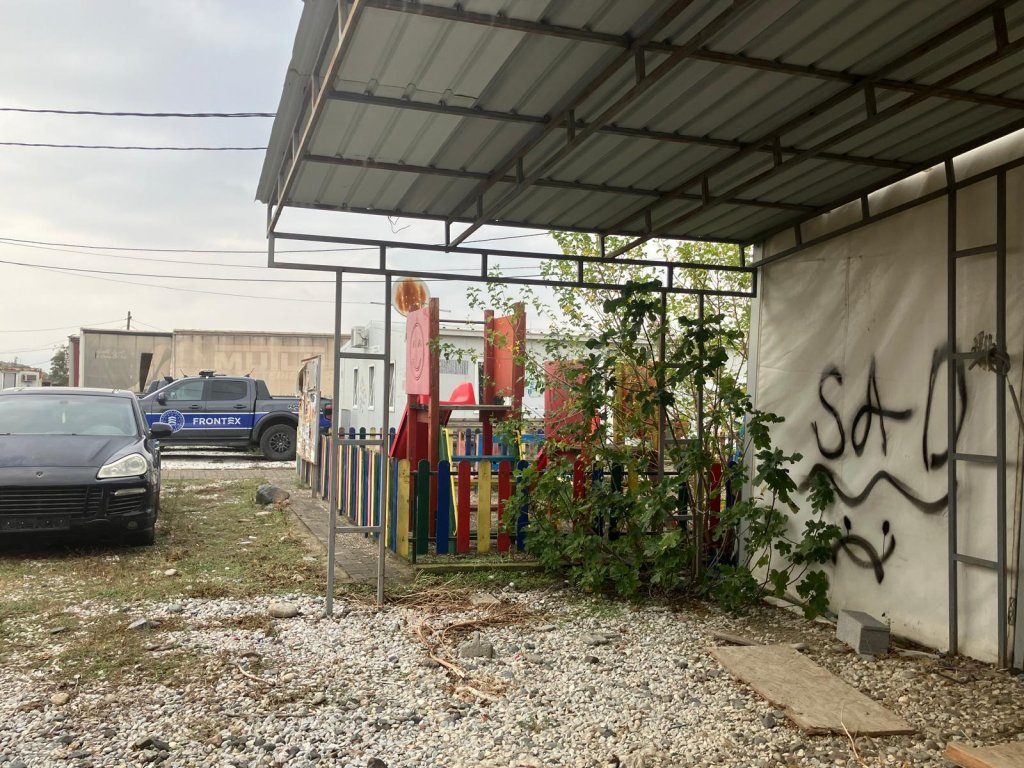
At that point, the young man was then properly registered as an asylum seeker in Vinojug. But “since that interrogation, I never acted as an interpreter again. I kept my mouth shut. I only spoke English in the center.” A month later, he was transferred to the asylum seeker center in Skopje.
At 16, 10 months in prison for aiding immigration.
It was from this center, located on the outskirts of the capital, facing an abandoned wasteland and brick roofs that draw the eye towards the distant mountains, that Kayum Aryoubi emerged that midday, cigarette in hand. He immediately waved. His still-adolescent face, at 17, with its round eyes and beauty marks around a short beard, lights up with a smile. The back of his light gray raincoat says “A step forward.”
The young man’s journey, however, has been far from carefree. He left Afghanistan with an uncle at the age of ten. For years, they lived in Turkey, then in Greece. Eleven months ago, they both crossed the North Macedonian border: the uncle managed to get through, but Kayum was intercepted by the police. “We were on a bus”—that public bus that goes to Skopje from Gevgelija – “when the police found us,” the teenager says. “On that bus, there was a Turk who worked with the smugglers. But this Turk denounced me as being linked to the smugglers.”
After a night at the Vinojug transit center, Kayum Aryoubi was transferred to Skopje to appear in court. “The Turk testified against me. I was sentenced to ten months in prison.” He was 16 years old at the time.
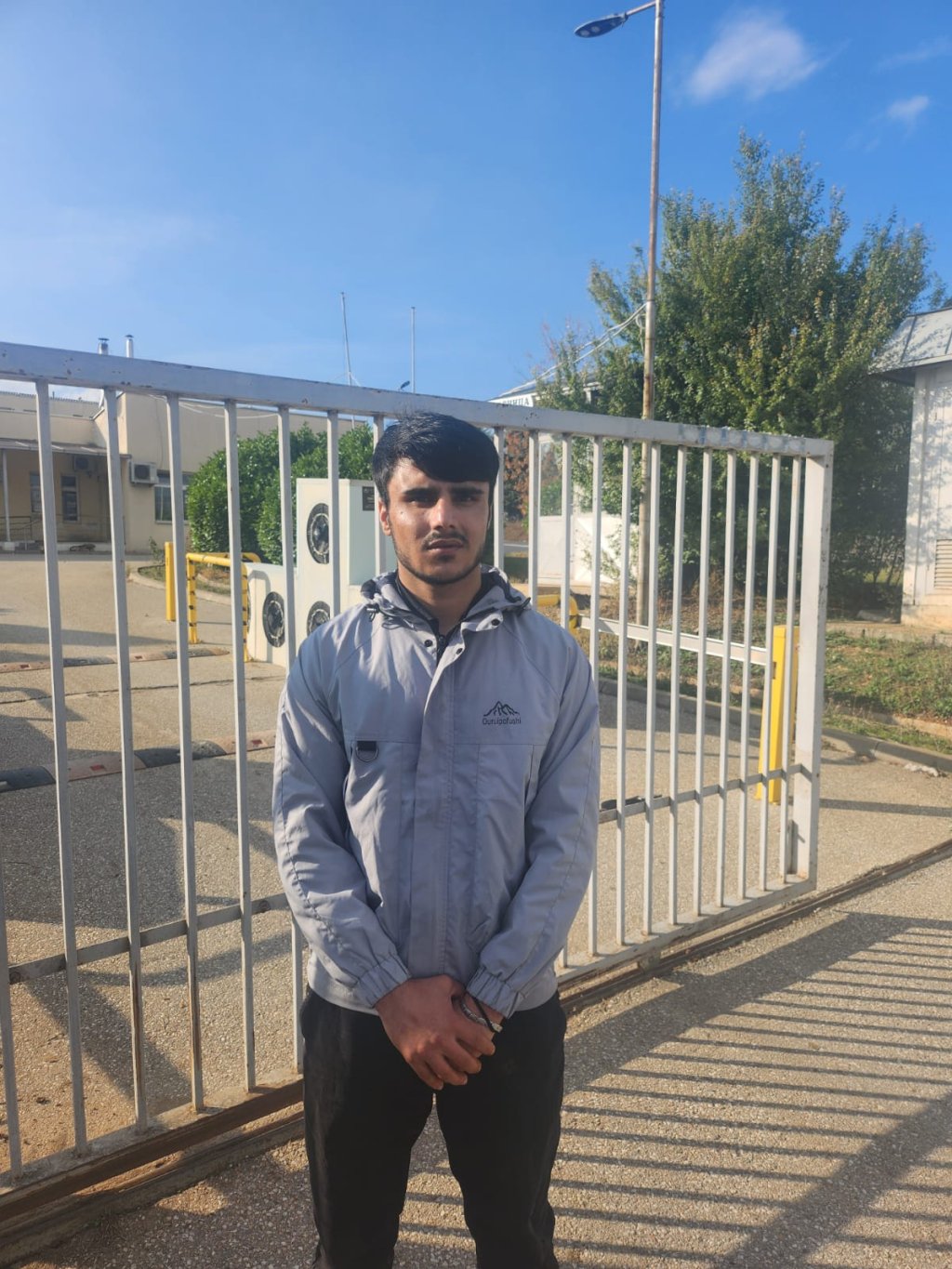
The teenager was incarcerated in Kumanovo prison, in the north of the country, to serve his sentence for aiding and abetting human smuggling. “It was very violent,” the young man said. He said he was traumatized by his incarceration. “The inmates were mistreated by the guards at this prison, myself included. I lived in a small cell with four other people.” The four were Macedonian common criminals. “That’s where I learned Macedonian. But it was very hard living with people from that country.”
At the end of his sentence, he was transferred for a month to Gazi Baba, the detention center for foreigners. He says the daily conditions there are better. But the young man is spiraling into a mental breakdown. Two weeks ago, he learned of the deaths of his sister and two brothers in a clash between the Taliban and Pakistanis. “I cut myself with a razor when I found out,” he shares, revealing long, still-red scars on his chest. “I wanted to get out of there. And I was so sad I didn’t know what I was doing.”
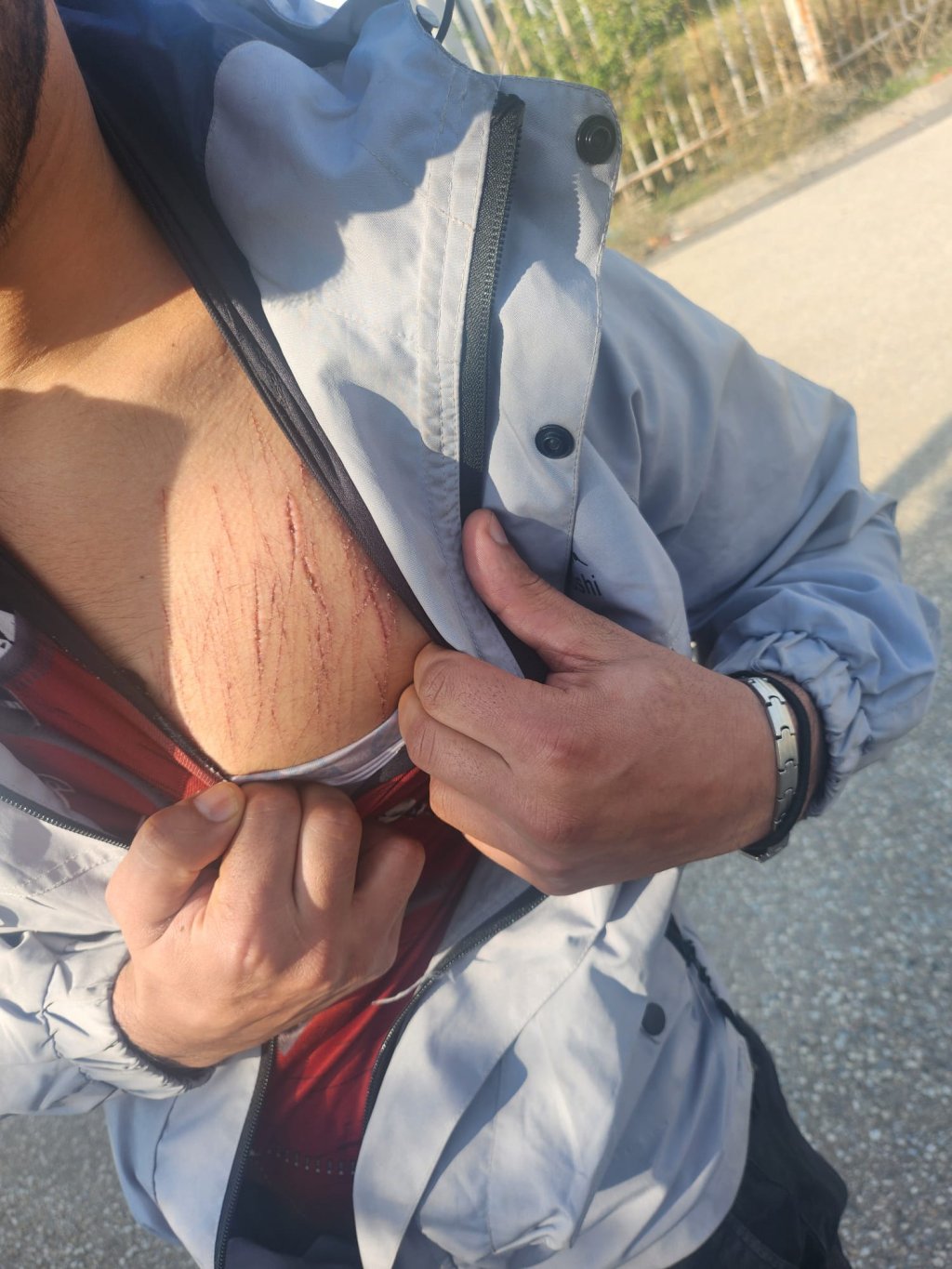
Three days ago, Kayum was released from Gazi Baba and is being housed as a registered asylum seeker at this open center in Skopje. On the day InfoMigrants spoke to him, he intended to leave for Serbia as soon as possible. This has been his goal since he first entered North Macedonia. But to do so, he needs a phone. Eleven months ago, “when I was arrested by the Macedonian police, they took my phone. I also had 500 euros on me. They took everything and never gave it back,” he said.
The young man hopes to one day reach France to seek protection. “Obtaining asylum is less difficult for Afghans there,” he said, “and I have friends who are there.”
The original article: belongs to InfoMigrants: reliable and verified news for migrants – InfoMigrants .
